HUBB
ARDIAN
TIMERANGER
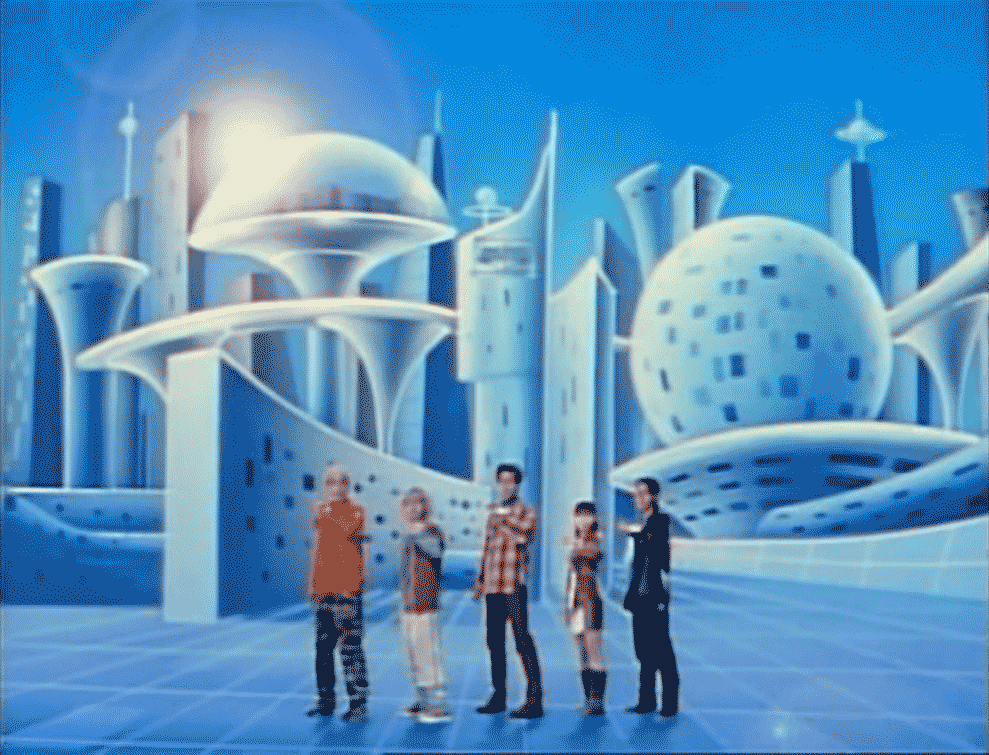 Timeranger is the 24th Toei Super Sentai series, broadcast from February 13th, 2000 to February 11th, 2001, totaling 51 episodes. Being the last Sentai created in the 20th century, with the unique distinction of broadcast spanning two millennia, the series took time as its theme, with a story crossing back and forth between the 30th and 20th centuries, the main cast being comprised of four youths from the future working with one from the present. The series shows a strong interest in the potential engendered by a new future, symbolized by the crossing over into a new millennium, breaking tradition with many of what had been until then Super Sentai norms.
Timeranger is the 24th Toei Super Sentai series, broadcast from February 13th, 2000 to February 11th, 2001, totaling 51 episodes. Being the last Sentai created in the 20th century, with the unique distinction of broadcast spanning two millennia, the series took time as its theme, with a story crossing back and forth between the 30th and 20th centuries, the main cast being comprised of four youths from the future working with one from the present. The series shows a strong interest in the potential engendered by a new future, symbolized by the crossing over into a new millennium, breaking tradition with many of what had been until then Super Sentai norms.
Though it’s not official, Time Pink is the practical leader of the Timerangers, which is rare in Super Sentai.
And still the only to have an opening and ending theme sung by a female. The handling of the character who is the theme of this site, Sion, also shows a greater interest in representation of diversity, as Sion isn’t depicted as a stereotypical alien. The story is darker and more serious than any had been up to that point, and was as high quality as any serious TV drama. The main cast is consistently characterized, and their struggles in life are highlighted, not only as heroes of justice fighting enemies, and realistically as human beings living their daily lives, making them relatable for viewers, and the series itself like a youth drama with sci-fi elements.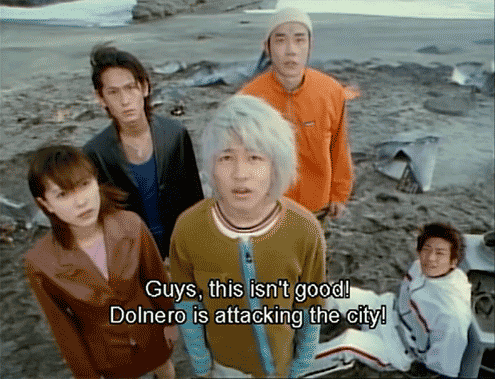 For that reason, the series was popular among adults and had high viewership ratings, resulting in increased interest in what had previously been a very set audience for Super Sentai and tokusatsu.
However, the series was hard to understand for children, which is originally Super Sentai’s target audience, and held the record for lowest toys sales for 18 years. Even though that makes it a series with a mixed reaction, it’s highly regarded by Super Sentai fans, usually ranked as one of the best series in Sentai history. Even someone who doesn’t usually watch tokusatsu could probably watch it. Personally, I think the sci-fi element actually could have been emphasized a little more, as there is a lot of lore that isn’t fully explained within the show itself, which makes some aspects of the story hard to understand.
For that reason, the series was popular among adults and had high viewership ratings, resulting in increased interest in what had previously been a very set audience for Super Sentai and tokusatsu.
However, the series was hard to understand for children, which is originally Super Sentai’s target audience, and held the record for lowest toys sales for 18 years. Even though that makes it a series with a mixed reaction, it’s highly regarded by Super Sentai fans, usually ranked as one of the best series in Sentai history. Even someone who doesn’t usually watch tokusatsu could probably watch it. Personally, I think the sci-fi element actually could have been emphasized a little more, as there is a lot of lore that isn’t fully explained within the show itself, which makes some aspects of the story hard to understand.
SYNOPSIS
The story starts with the destined meeting of one young man from the present with four youths from the 30th century. The four, who belong to an organization for protecting history called the TTPB, came from the 30th century in a time machine, chasing a criminal group who have also come from the future. Time machine development began in the 25th century, and was completed in 2990, just ten years prior for them. History was already nearly destroyed once by reckless time travel, leading to the creation of the TTPB for the protection of history. The TTPB members’ mission is to prevent the alteration of history due to time travel crimes in the era that time travelers go to. In this case, the four cadets from the future have been ordered by TTPB to arrest all of the criminals before going back to their own time, with preservation of history as the main priority. To prevent disruption of space-time, they can’t receive any support from the future, instead working together with the 20th century man they met, transforming into the emergency mode known as Timeranger to fight and arrest the time criminals, all while living in an era unknown to them.
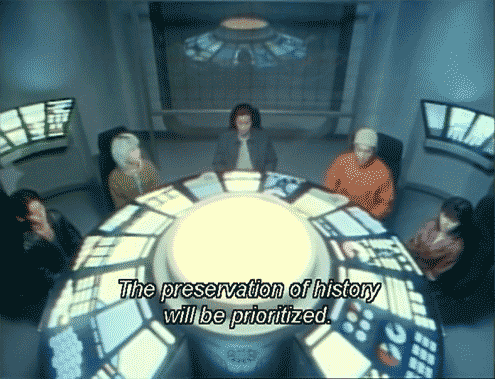
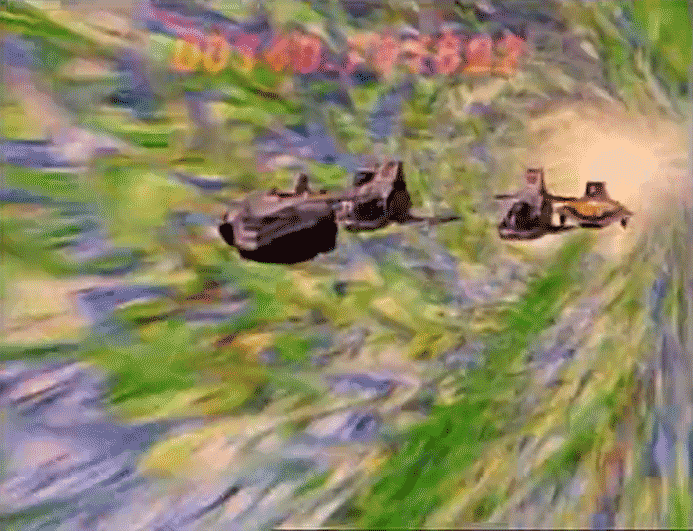
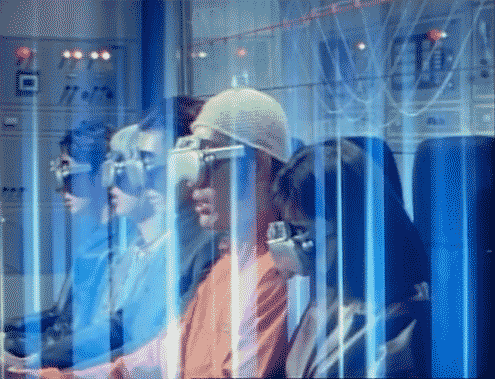
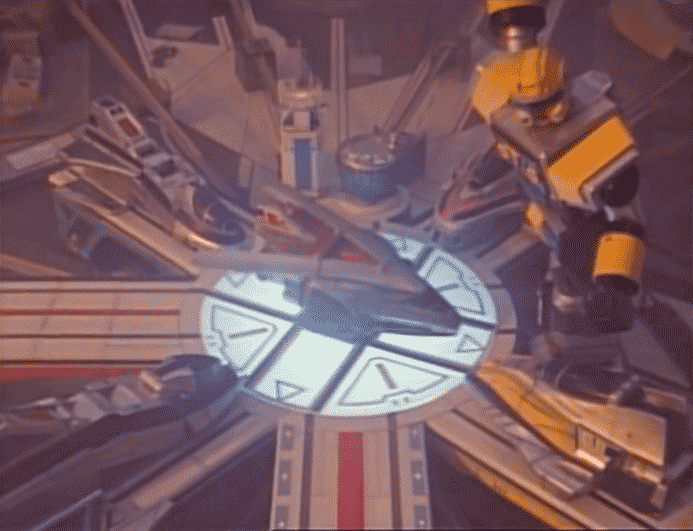
MAIN CREATORS
AND STAFFS
| Original Work | Yatsude Saburo(This is actually pseudonym used by multiple people, and not an actual person.) |
|---|---|
| Writer | Kobayashi Yasuko(Main writer) Yamaguchi Ryota(8, 12, 16, 17, 23, 32, 35, 45, Movie) Inoue Toshiki(14, 22) Takemoto Noboru(51) |
| Producer | Fukuyoshi Takeshi, Hikasa Jun, Yata Koichi |
| Director | Morota Satoshi, Butsuda Hiroshi(Movie) |
| Music | Kameyama Kouichiro |
| Camera Operator | Matsumura Fumio, Osawa Shingo |
|---|---|
| Action Producer | Takeda Michihiro |
| Tokusatsu Producer | Butsuda Hiroshi |
| Suits Actor | Takaiwa Seiji(as Time Red, V-Rex), Nakagawa Motokuni(as Time Pink), Takeuchi Yasuhiro (as Time Blue), Kusaka Hideaki (as Time Yellow), Hachisuka Yuuichi (as Time Green),Imai Yasuhiko (as Time Fire) |
VIDEO CLIPS
POWER RANGERS
TIME FORCE
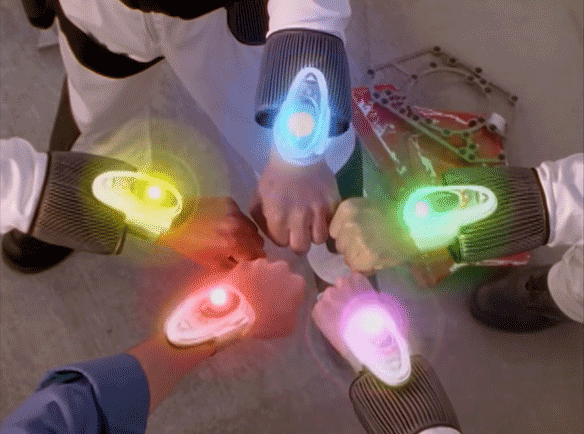
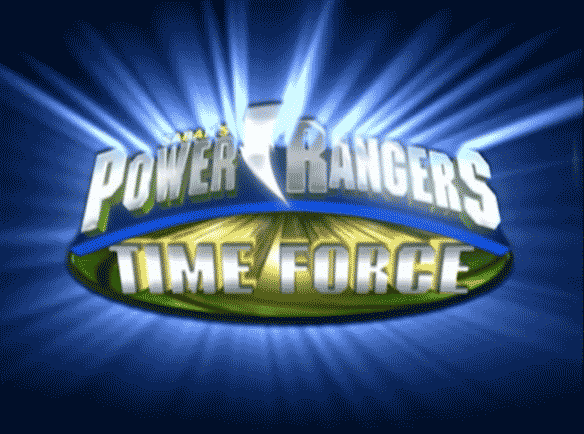
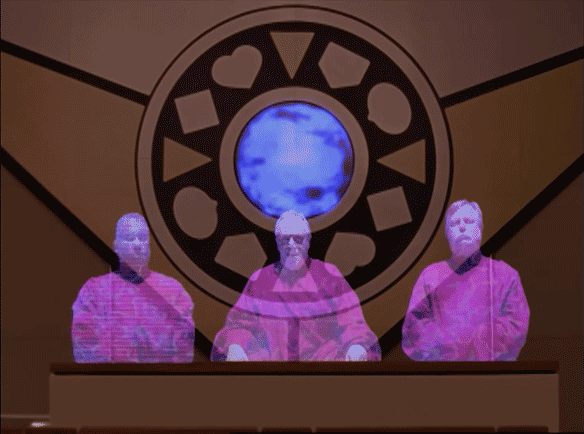
As many of you looking at this site probably know, the Power Rangers series aired outside of Asia is an English-localized remake of the Super Sentai series.
Many of the battle and otherwise suited scenes use the original Japanese footage, which means that while the drama parts take place in a Western setting,
the battle scenes suddenly become Japanese.
I find myself wondering if a kid watching Power Rangers didn't find it wierd when for example an obviously Japanese police car blatantly shows up in a scene.
I guess the creators figured that kids wouldn't care about such things as long as they're entertained.
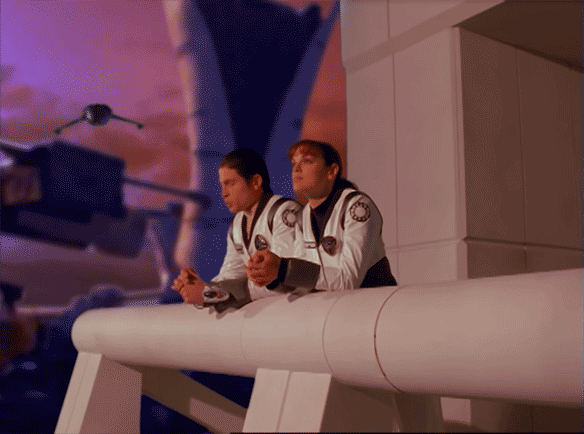 Timeranger also of course has a series based on it, Power Rangers Time Force, which aired in 2001, one year after the original.
Typically the Super Sentai series and the Power Rangers series which uses its footage has a different story and characters set in a different world,
and even though the enemies have the same looks, their motivations and personalities are different. Power Rangers Time Force is rare in that follows the same story as the Japanese version,
with 4 people from the future meeting a rich young man from the present, doing odd jobs together while arresting criminals from the future,
with the roles and personalities of the main characters having many similarities despite some changes to the setting.
There are some episodes that follow one from the original series closely, and it's interesting to compare them.
Although the tone and the way they appeal to their target demographic is different,
the most important similarity between Timeranger and Time Force is that they end with a parting.
A happy ending is standard for an American children's show, so I respect that they didn't change the ending in that sense (though some other important details are changed).
Timeranger also of course has a series based on it, Power Rangers Time Force, which aired in 2001, one year after the original.
Typically the Super Sentai series and the Power Rangers series which uses its footage has a different story and characters set in a different world,
and even though the enemies have the same looks, their motivations and personalities are different. Power Rangers Time Force is rare in that follows the same story as the Japanese version,
with 4 people from the future meeting a rich young man from the present, doing odd jobs together while arresting criminals from the future,
with the roles and personalities of the main characters having many similarities despite some changes to the setting.
There are some episodes that follow one from the original series closely, and it's interesting to compare them.
Although the tone and the way they appeal to their target demographic is different,
the most important similarity between Timeranger and Time Force is that they end with a parting.
A happy ending is standard for an American children's show, so I respect that they didn't change the ending in that sense (though some other important details are changed).
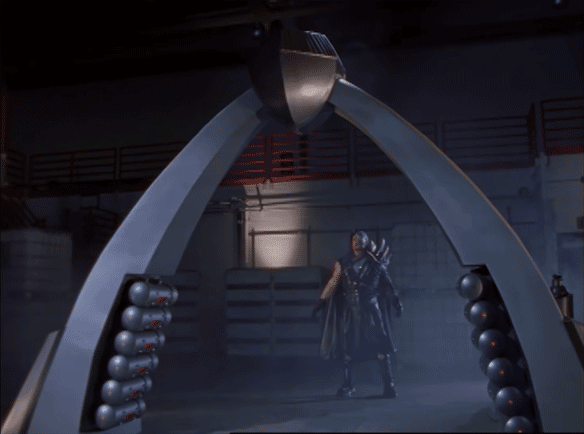
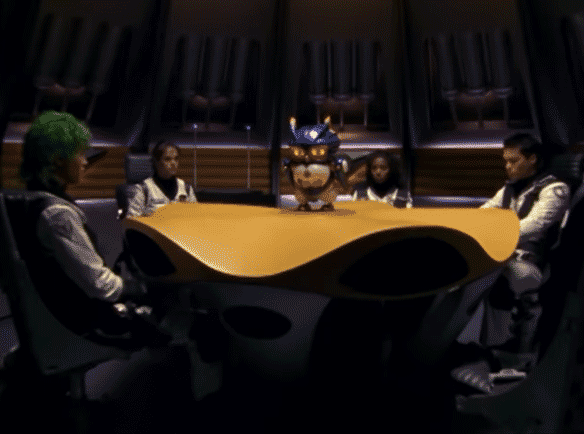
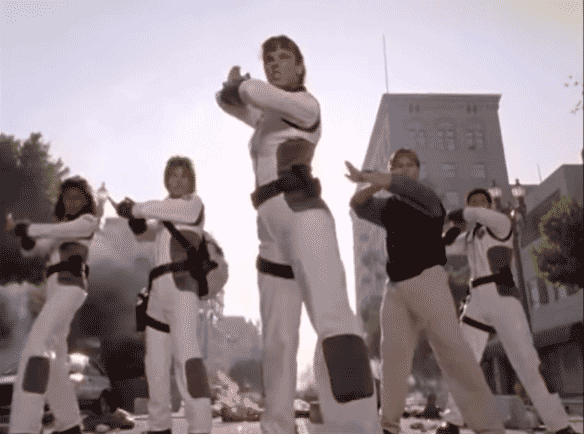
The casting also shares some similarities with the Japanese original, which is a plus for a Timeranger fan. Despite these similarities, Time Force is much more focused on its child demographic, and probably isn't as enjoyable for adults. The footage from Timeranger has improved video quality and colorization, so personally I was really happy to be able to see the scenes of the 30th century (or 31st century in Time Force) in more clarity. It also has a stronger sci-fi element than Timeranger, so anyone who felt that that aspect was wanting in the original may enjoy the adaptation more. Thankfully the whole thing is uploaded on this official YouTube channel, so please try watching if interested!